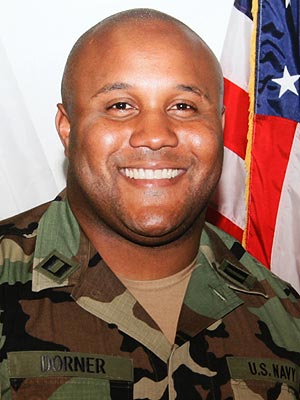Link to artifact
While the song “Reagan” by Killer Mike only directly references one era of American history, the themes he expresses in the lyrics transform this song into a contemporary artifact.
Killer Mike is an African American, and “Reagan” brings up many important ideas regarding Slavery and Equal Rights. He states that Reagan’s policies allowed the police to abuse their power, especially when they were accusing Black males. Regarding police brutality, Killer Mike states “They boots was on our head, they dogs was on our crotches, and they would beat us up if we had diamonds on our watches”. When he says “boots on our head”, Killer Mike means that he was being restrained on the ground without being accused of a crime. This situation reminds me of how Frederick Douglass describes his owners. “To be accused was to be convicted, and to be convicted was to be punished” (13). In the context of the song, young Black men haven’t done anything wrong, but the police still take action because they were able to accuse and assault the teenagers and not be punished. I believe the term “diamonds on our watches” is a metaphor for the hopes and dreams of African American males. A pristine diamond could demonstrate the hopes of African Americans who wanted to advance in society. Dreams like these threaten the power of the police, which is why they attack anybody that has them.
Another idea that Killer Mike raps about is the failure of our democracy to enable real social change. The first time Killer Mike speaks, he says “The ballot or the bullet, some freedom or some bullshit, will we ever do it big or just keep settling for little shit”. The phrase “the ballot or the bullet” was used by Malcolm X during the Civil Rights movement to show that African Americans could not wait for society to advance through democracy while they themselves were still being assaulted. By recalling this phrase, Killer Mike is trying to show that our democracy is about as effective now as it was back when African Americans had to protest in massive crowds and be beaten by police to get their idea across. Killer Mike wants to “do it big”, as in change our society all at one time, rather than “settle for little shit”, which means going step by step according to our laws until we finally become the society that he envisions. Mr. O’Connor appears to agree with Killer Mike according to his blog post “It’s a free country, isn’t it?” When he cites the fact that Occupy protesters were arrested for violating a “curfew standard” and asks, “What would our society lose without public space to air dissenting opinions?” Our class has heavily focused on social change this semester, and this song takes a stance on that topic.
At the end of his song, Killer Mike is paranoid about expressing his opinions. He says “If I say anymore, they might be at my door, who the fuck is that staring at my window.” What he’s “saying” is his outrage against Reagan, and the “who” in this lyric is a government employee that’s come to watch Killer Mike because of his beliefs, and to make sure he doesn’t cause any more trouble. Killer Mike’s character in this song is similar to that of John Proctor. John acts out against the court by ripping his warrant as an act of speech, and his accusers use this against him. Parris states “All innocent and Christian people are happy for the courts in Salem! These people are gloomy for it!” Parris believes that the ripping of the warrant means that Proctor is not “innocent and Christian”, just like in “Reagan” where the government believes that Killer Mike could be causing trouble for his beliefs.
Overall, Killer Mike’s interpretation of the Reagan Era is a perspective that could be applied to many other eras of American History, which makes “Reagan” a socially and politically important piece of art.


















